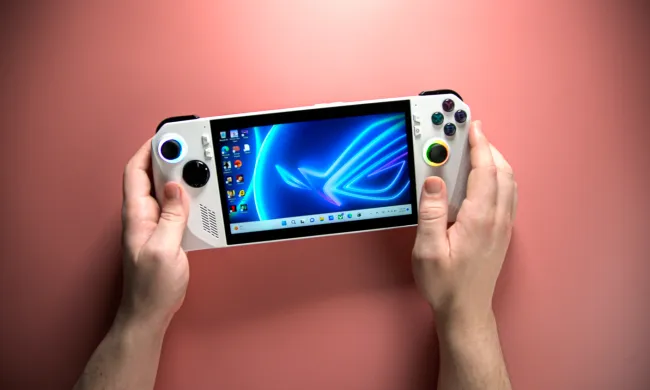
A Software Engineer opening in the company’s Operating Systems Engineering division states that the tech giant is making a new way to rapidly deliver software and updates to the masses.
Related: Microsoft is expected to reveal Windows 9 in less than two weeks
“We are creating a new system that will fundamentally change the way Windows is shipping to put the ecosystem at the center of Windows,” the job post reads. We want every engineer to get an immediate view of how he/she is affecting the Windows ecosystem by providing qualitative and quantitative information that will allow them to take the necessary decisions in real time.”
This engineer would be part of a squad of Microsoft developers dubbed the Mission Control team. Issues they would tackle, according to the notice, include problems with video drivers, bugs with the Windows Start menu, and more.
Just as notable as the problems this engineer would help address, are the hypothetical timelines for issuing fixes included in the opening. For instance, Microsoft cites a duration of “less than two days” for the video driver fix example, and “less than a week” for solving a problem with the Start menu on every Windows PC.
Related: Here is everything we know about Windows 9
This job opening matches up with a rumor which suggested that Microsoft was looking to change the way it delivers updates to its OS.
This “new system” could roll out alongside Windows 9, which is the company is expected to unveil during an event on September 30.


